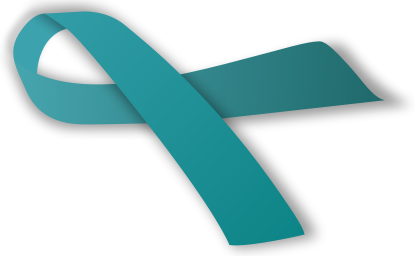What is POTS?
Postural orthostatic tachycardia syndrome (POTS) is a disorder that can affect one's daily living. POTS is underneath the Dysautonomia umbrella. It's a syndrome typically known for the cause of repetitive fainting - but it's much more than that. POTS can cause other issues too, alongside the following;
Dizziness or light-headedness.
Fainting or almost fainting.
Noticeable heartbeats (heart palpitations)
Chest pain.
Shortness of breath.
Shaking and sweating.
Vomiting
Weight loss
Tunnel vision
Anxiety
Hypermobility (Ehlers-Danlos syndromes (EDS))
Joint and muscle pain
POTS isn't a visible disability compared to others such as Down Syndrome or amputation. POTS research is nowhere near as funded as other diseases such as cancer or Lyme disease. Nobody knows why POTS or Dysautonomia forms in the first place. POTS itself is one of the few Dysautonomias that teens can grow out of, however, it's a 50/50% chance that someone will as they enter adulthood. It can go away by itself, or it'll just become more manageable as you grow older.
There are different types of Dysautonomia, such as the following;
Postural Orthostatic Tachycardia Syndrome
Orthostatic Hypotension
Vasovagal Syncope
Inappropriate Sinus Tachycardia
Autoimmune Autonomic Ganglionopathy
Baroreflex Failure
Familial Dysautonomia
Pure Autonomic Failure
Multiple System Atrophy
Ehlers-Danlos syndromes (EDS)
Kaine's personal experience with Dysautonomia:
As someone who has had to deal with POTS on a daily basis, alongside suspected EDs, it's been nowhere near easy. I started developing POTS in July of 2021. I started to vomit uncontrollably and wasn't able to eat, I started to develop extreme joint pain and I could barely go to school. As a result, my grades have perished and I've been struggling with attendance since. POTS prevents me from doing much walking, so I often have to rely on mobility aids to help me do things on a daily basis, such as my cane and wheelchair. The problem with POTS is that it's not a visible disability; I struggle to get past my own pride a lot of the time, and I hate using my wheelchair because it makes me feel as if I'm an attention-seeker. I can walk, just not for moderate distances. POTS has taken a large part in my mental health too, but I don't let it get the best of me. I'm just allergic to gravity. I would like to thank my mom, my POTS specialist, and most of all, my physical therapy team for helping me make significant progress with my condition. I'm more mobile now because of them, and I'm finally on the right path to either growing out of this phase, and if I don't, then I'm on track to make it more manageable. I don't let my disability define who I am, and I never will. No matter how hard some days can be.

October is Dysautonomia awareness month.